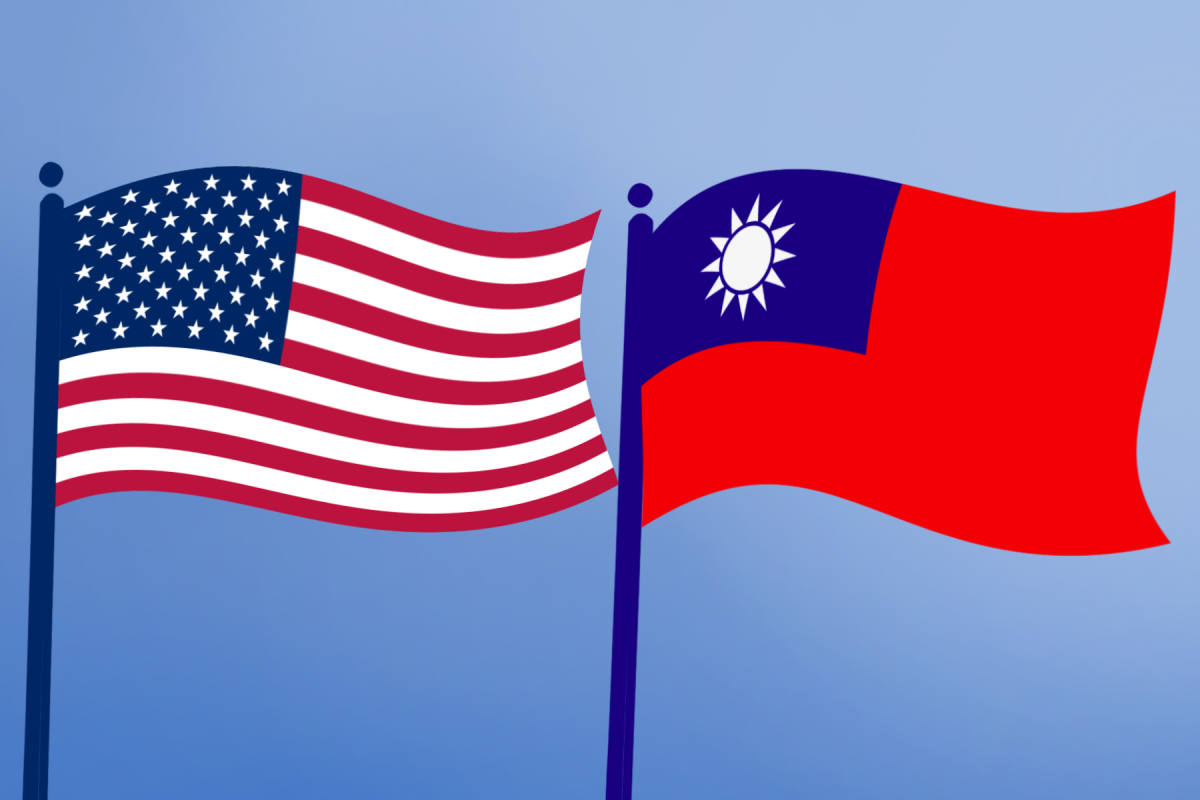Chinese President Xi Jinping has been accelerating his interest in making Taiwan part of the People’s Republic of China and has openly considered the use of military force to achieve this end. Due to China’s advanced military capabilities, Taiwan would not be able to defend itself without external support, which is largely provided by the United States. However, with President Donald Trump’s return to the White House, this long-established alliance is now in question, leading to uncertain Asia-Pacific relations that could pose a threat to U.S. national security.
As a result of Taiwan’s antipathy towards China’s political system and policies, the majority of the people in Taiwan want it to remain an independent nation. An analysis by the Brookings Institution finds that, over the past decade, the number of people who identify as exclusively Taiwanese — and not Chinese — continues to rise. 63% reported having a negative view of the PRC government, but only 8% said they have a positive view. The people of Taiwan take pride in their liberal democracy, which cannot be guaranteed by the PRC.
The shared value of liberal democracy is why, for the past half-century, America’s military guarantee of Taiwan has been a given. This deterrent has been effective thus far. Despite decades of hostile rhetoric from Beijing, China still has not invaded Taiwan out of fear of U.S. retaliation. In October 2024, Assistant Secretary of State for East Asian and Pacific Affairs Daniel Kritenbrink even said that the U.S. expects differences across the Taiwan Strait to be resolved peacefully and opposes any unilateral changes to the status quo.
Trump’s campaign rhetoric indicated a different direction. Earlier this year, Trump argued that Taiwan should pay for the U.S.’s military defense, threatening the foundation of the U.S.-Taiwan alliance if Taiwan does not give in to American demands. The uncertainty of U.S.-Taiwan relations will have grave consequences on U.S. national security, since Taiwan and other nations could react prematurely if it was not certain that the U.S. would come to Taiwan’s defense.
One undesirable possibility is that Taiwan could slowly bend its knee to China. China could see an unwilling U.S. commitment as a sign of weakness and exploit the opportunity to either attack Taiwan or subtly coerce them with a blockade or grey-zone warfare. If this is the case, Taiwan could be forced to concede to Chinese transgressions on its sovereignty, leading to Chinese control of the island. The consequences of such a conflict could be up to 500,000 deaths on both sides and a cost of $10 trillion, or 10% of world’s gross domestic product, according to the Pentagon.
If Taiwan chooses to fight on its own, the only guaranteed form of deterrence against a superpower like China is nuclear weaponry, as its military simply cannot compete. Taiwan does not currently possess nuclear weapons — though it has previously attempted to acquire them — but has the technological expertise necessary for developing an arsenal. Analysts predict it would take Taiwan between one and eight years to develop a complete nuclear warhead.
Taiwan could also utilize its semiconductor industry to retaliate against the U.S. Leading with 68% of global market share, TSMC, a Taiwanese semiconductor firm, produces 90% of the world’s most advanced semiconductor chips used for AI and quantum computing applications. The U.S. heavily relies on Taiwan for its semiconductors. Despite the CHIPS Act, chip manufacturing in the U.S. is 50% more expensive than in Taiwan. The U.S. lacks manufacturing talent to break off its foreign reliance.
Taiwan could utilize this dependency to get the U.S. back on its side. There is a long-standing argument in Taiwan that U.S. reliance on advanced semiconductors makes U.S. defense of Taiwan more likely. Therefore, Taiwan may retaliate to a non-committal U.S. military guarantee by cutting the U.S. off from its semiconductors. Losing access to Taiwan’s semiconductor industry would have a greater negative impact on the U.S. economy than the 2008 global financial crisis. Experts estimate this could drop the U.S. GDP by 8% and wipe out industries like electronics, automotives, healthcare, and telecommunications.
An unstable U.S.-Taiwan relationship could also destabilize the rest of the region. Any Chinese attack on Taiwan would provoke significant anxiety among China’s neighbors. If U.S. intervention is seen as half-hearted, East and South Asian countries might put less stock in Washington as a security guarantor, and some might develop their own capabilities — including nuclear weapons — to deter China.
An analysis by the Council on Foreign Relations found that the fall of Taiwan to Chinese forces could lead to a serious erosion of U.S. power in the region, including a weakening of its alliances. This could make it harder for the U.S., which relies on its multilateral alliances, to counter other Chinese attempts to claim vast areas of the South China Sea and deter military action in the region.
The ambiguity surrounding America’s future commitment to Taiwan’s defense as a result of Trump assuming office could lead to intense economic and militaristic provocation from all sides. The U.S. government must prioritize conveying a clear and coherent message about its commitment to Taiwan to prevent revealing weakness to China. In this arena, peace can only be achieved through strength.







